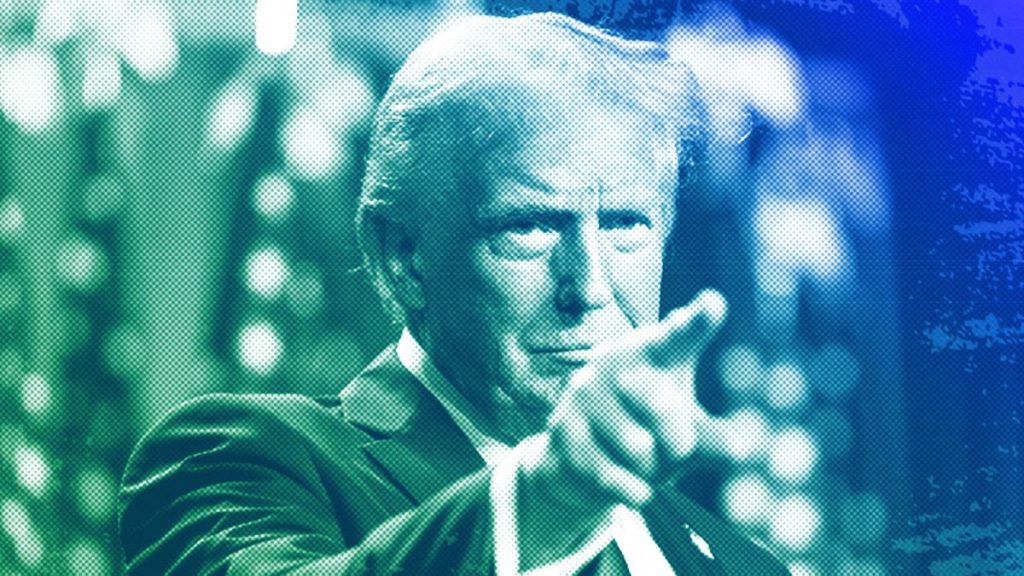Donald Trump’s return to the presidency marks a pivotal moment, particularly for Africa, a continent that largely remained off his radar during his first term, marred by his infamous “shithole countries” remark. This comment, while deeply offensive, stemmed from a discussion on immigration, a complex issue resonating globally and acutely felt in Africa. Trump’s second term, however, signals a potential shift. His early cabinet appointments suggest a departure from his previous disruptive approach, hinting at a more focused and strategic administration. This offers Africa an opportunity to recalibrate its relationship with the United States, leveraging its vast resources and strategic importance in a world increasingly influenced by a multipolar power dynamic involving the US, China, and Russia.
Africa stands to benefit significantly from continued US support through programs like the African Growth and Opportunity Act (AGOA) and the President’s Emergency Plan for AIDS Relief (PEPFAR). While fears persist about potential cuts to these vital programs, it is more likely that the Trump administration will prioritize measurable returns on investment. This emphasis on tangible results will shape the US’s engagement with African nations, demanding a shift from aid-based relationships to partnerships grounded in mutual benefit and economic pragmatism. Trump’s “America First” policy, coupled with his aversion to shouldering global responsibilities at the perceived expense of his own citizens, necessitates that African nations present compelling business propositions to secure US engagement.
This transactional approach challenges Africa, particularly South Africa, whose non-aligned stance has become a point of contention with some US senators. South Africa’s perceived neutrality in the Ukraine conflict, its close ties with Russia, and its critical stance towards Israel present potential obstacles in its relationship with the Trump administration. However, paradoxically, South Africa’s previous efforts to mediate the Ukraine conflict could prove valuable to Trump’s stated aim of ending the war. Similarly, while South Africa’s stance on Israel differs significantly from Trump’s pro-Israel position, the potential for leveraging South Africa’s existing communication channels with Russia could become an unexpected asset.
The Trump administration’s approach to Africa will likely be driven by a blend of pragmatism, business acumen, and a calculated dose of altruism. Wars create instability and generate refugee flows, impacting even distant nations like the US. It is therefore in the US’s interest to foster stability and economic growth in Africa, reducing the potential for mass migration. Furthermore, conflict disrupts trade, impacting global businesses. Trump’s focus on trade and economic prosperity could incentivize him to prioritize peaceful resolutions to conflicts, recognizing the interconnectedness of global stability and economic growth. This presents an opportunity for African nations to position themselves as partners in promoting regional stability and economic development, aligning their interests with Trump’s focus on trade and economic prosperity.
Understanding Trump’s negotiating style is crucial for African nations. He prioritizes tangible results and values strong business propositions. Africa’s vast resources, including its young population and strategic minerals, offer immense potential for mutually beneficial partnerships. By showcasing these assets and presenting compelling investment opportunities, African nations can attract US investment and foster economic growth. Moreover, Africa’s strategic position in the global geopolitical landscape offers a platform for collaboration on issues of mutual concern, such as counterterrorism and combating the illicit trade of arms and other resources.
The key for Africa lies in approaching the Trump administration strategically, emphasizing mutual benefit and eschewing sentimental appeals. By presenting concrete business proposals that align with Trump’s priorities, African nations can forge mutually beneficial partnerships that promote economic growth, stability, and development. This requires a shift in mindset, moving away from traditional aid-based relationships towards a more transactional approach that emphasizes tangible returns on investment. While navigating the complexities of Trump’s unpredictable nature and policy preferences may prove challenging, recognizing his business-oriented approach and focusing on mutually beneficial partnerships presents a path towards a more productive and prosperous relationship between the US and Africa. This could be a period of significant opportunity for Africa, provided it can strategically leverage its strengths and engage the Trump administration on its terms.














